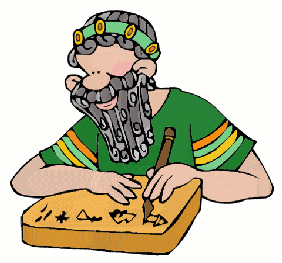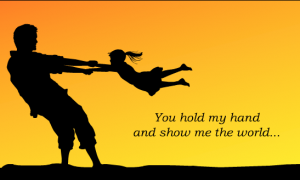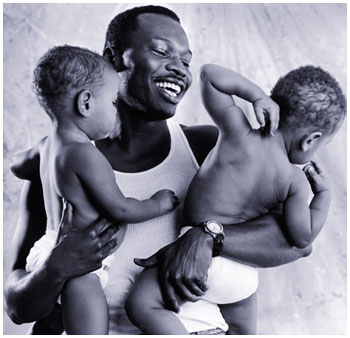Enûma Eliš.
In the Beginning.
Thousands of years ago something seemingly magical was invented. It was a magic that allowed one to read the mind of another. To speak across vast distances. From time immemorial voices of the dead could be known. The magic is as profound as all of human wisdom and as simple as the words you are now reading.
Like the taming of fire before it, it would become a seminal event in human history.
In fact, it would create history.
Writing.
It is an easy thing to take for granted, these little scratches that allow us to share our thoughts. But writing is the thing that has created the modern world we live in. Without it our cultures would have to be passed down from by word of mouth and fallible memory — as many non-literate cultures had done before.
So it is more than a little ironic that we don’t actually know who invented writing and precisely when. Simple scratches have been found as old as 800,000 years old in Java and 40,000 year old “hashtags” near Gibraltar. But the earliest evidence of actual writing comes from the Vinča culture in what is now known as Romania.  The most ancient of these is known as the Tărtăria tablets dating back to 5500 to 5300 BC. However this find is controversial and the first definitive examples of writing date back to Sumer and Egypt in 3100 BC and China in 2100 BC.
The most ancient of these is known as the Tărtăria tablets dating back to 5500 to 5300 BC. However this find is controversial and the first definitive examples of writing date back to Sumer and Egypt in 3100 BC and China in 2100 BC.
Throughout history humanity sought to find separation between itself and the rest of the animal kingdom. Yet for every milestone we place, every divine aspect we imagined for ourselves, our natural brethren had quite happily knocked down. Except for writing.
Writing was most likely invented as a way to keep track of common things such as harvests or the numbers of livestock being kept at any given moment. It was simply a way to making life easier. Little could they have known the world they were setting in motion. For writing soon went beyond the confines of mere clerical work and allowed people to share their thoughts, loves, and madness and do so through space and time.
Because of that initially utilitarian invention we can experience the love the Pharaoh Akhenaten felt for Queen Nefertiti through his letters and poems to her 3000 years ago. Or Claudia Severa inviting her friend, Sulpicia Lepidina, to her birthday celebration in 100 AD. Or the amazingly erudite letter written by a ten year old girl named Elizabeth to her stepmother, Anne, on the 31st of July 1544. Or the words of my 5th great-aunt giving testimony on May 18, 1886 on why her nephew used various aliases.
These echoes, these preserved moments of time, are the result of the efforts of people who most likely had no idea what they were setting in motion. They had no intention of being heroes — at least not for inventing something so ubiquitous — but without their efforts our modern civilization would not exist. Lives would be slowly forgotten or garbled beyond any recognition. Lessons of the past would be left aside. Human history would shrink to that of a handful of generations. Death, already a tragic loss, would be catastrophic. Not just for their loved ones, but for society as a whole.
Because of these heroes, these ancient writers whose pens really were mightier than any sword, vast swaths of history are open to us. There for us to read.
Because they taught us how to write.
Enûma Eliš.
– – – – – – – – – – –
The author, Jesse Schultz, tries to make the best use of the 26 letters of the English alphabet.

 By Scott T. Allison and George R. Goethals
By Scott T. Allison and George R. Goethals
